

The Magic Circle is a game that could only be made in today’s Kickstarter world. Anyone who has ever backed a game through crowdfunding or early access knows the pain of waiting for what you’re sure is going to be your dream project as developers struggle to honor their artistic vision and remain under budget. The Magic Circle turns that feeling into a game. You have to finish a project left in limbo by its creators, turning a half-formed experience into a fully playable one—it’s a game experience unlike any other, and packed to the brim with self-referential humor and excellent voice acting to round out the experience. The Magic Circle is the first game from Question Games, a team comprised of developers who have worked on titles like BioShock, Dishonored, and South Park: The Stick of Truth, making the game’s commentary on the downfalls of artistic genius, good game mechanics, and rabid fandom biting and all too true.
Without its story, The Magic Circle would be a nigh-incomprehensible game. You are the Player. That’s it, no fancy ‘chosen one’ backstory—except that there is, because, as the Player, you’re the only one that can bring the game to completion.
Ish is the prototypical deluded developer, so convinced of his own genius and so hindered by his perfectionism that he can’t finish his game.
The game is The Magic Circle (Are you confused yet? It’s going to get weirder), the reimagining/rebirth/resurrection of Ishmael “Ish” “STARFATHER” Gilder, a visionary in the world of game development. His creation, the original The Magic Circle, earned him legions of slavering fans. The problem? Ish can’t deliver anything else. Through a potent poison of perfectionism and hubris, The Magic Circle has become an unintelligible mess, a completed version scrapped but still buried deep in the game’s existing code.
Five failed KickBackrs later, The Magic Circle needs your help to finish what Ish started. Three heads—Ish, gaming pro turned lead designer Maze Evelyn, and fan turned community manager Coda Soliz—butt over the state and direction of the game and whether it should even come out at all. While they squabble amongst themselves, the Old Pro—a lost version of the original reimagining—tasks you with fixing it and getting him out.
If you’re in the know on the ins and outs of the games industry, you’ll recognize some common themes. Artistic vision versus delusions of grandeur. Passionate gamers turned jaded misanthropes. Fans turned entitled whiners. The Magic Circle isn’t a kind look at any of these groups. It’s honest through hyperbole, and it confronts us with uncomfortable truths: passionate love isn’t a guarantee of quality, game development is hard work, and somebody, somewhere, is going to be very unhappy with your creation.
The Magic Circle‘s internal game is the perfect example of too many cooks in the kitchen, as it’s all the dissenting voices that keep the final project from being finished.
It’s as unique a narrative as you could ask for in a game. It’s bold and brash and confrontational, and its commentary isn’t subtle. It might even be too heavy-handed, as a speech directed directly at the Player/player maligns gamer entitlement. Sure, Ish is drunk on his own perceived artistry and we’re probably not supposed to side with him, but there’s still a bitter truth there, one that we may not agree with.
It’s important to note that The Magic Circle, while critical of developers and gamers alike, doesn’t posit itself above either of them. It is a game, and therefore is subject to the same criticism. Heavy-handed and blunt though it might be, there’s no indication that The Magic Circle devs consider themselves to be absolved from criticism—on the contrary, their vision is arguably as worthy of mockery as Ish’s, and it’s clear from the sense of humor that they know it.
The Magic Circle‘s self-referential humor extends to its gameplay. There’s no combat in a traditional sense (your sword of destiny is taken away mere seconds after you receive it)—instead, you edit the coded behavior of animals and objects you encounter to do the attacking for you. Fire-breathing mushrooms? Sure. Levitating, parasitic rocks? Certainly.
There’s a lot of room for freedom, and that’s the whole point of the game. The puzzles can be solved in a multitude of ways depending on how you want to approach them, which is as cool as it is frustrating. It’s not always clear what you’re meant to do, but that’s not necessarily bad—you might spend a lot of time trying to solve one puzzle, but the freedom to do it your way means it really does feel like a triumph when you solve it.
Still, the cleverness only extends so far. Sometimes you’ll be wandering around for a long time, unable to figure out where to go next. When the game is witty, it’s very witty, but the moments when it fails feel incredibly dull by comparison. Short of having a surprise at literally every turn, there’s really no way to overcome that—a conflict you’ll come to understand exceedingly well in the game’s final act.
After experiencing the amount of work it takes to make even a fictional video game work, The Magic Circle lets you experience the dread of waiting for review scores.
The Magic Circle is, if nothing else, incredibly unique. Nothing plays quite like it, and its somewhat satirical, somewhat serious look at the gaming industry stings the player as much as it does developers, and it can be hard to decipher what you’re meant to take away from it—can we believe what Ish says? How about Maze, or Coda? Is anybody truly right?
Probably not. It’s the kind of self-deprecating humor we see in The Stanley Parable, which asks us to examine our beloved hobby and why we take it so seriously—not just us as players, but everyone. The Magic Circle addresses the monster we’ve built as a gaming community, acknowledging that the medium is still in bumpy, rebellious, grumpy adolescence, and while we may come out of it and accept maturity at some point, all of us have some thinking to do before we get there.
It’s harsh. It’s heavy-handed. But it might also be necessary.
The Magic Circle is available now through Steam for $19.99 for PC and Mac.
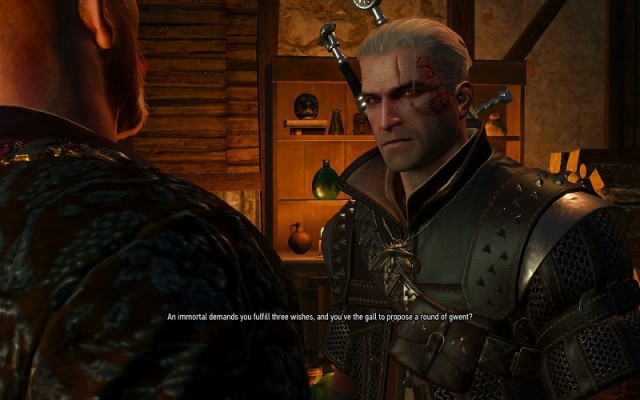

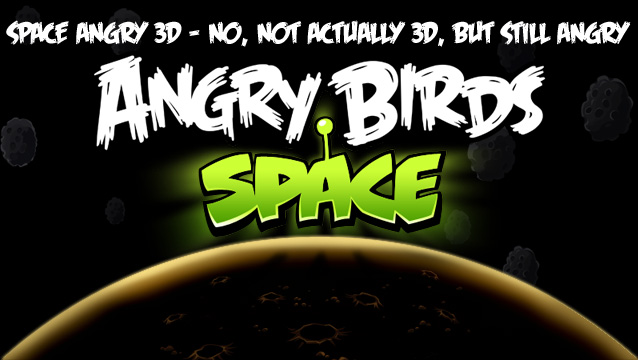
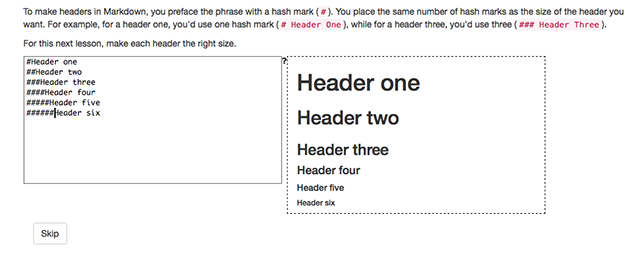
 Fallout 4 Crafting For Settlement Guide
Fallout 4 Crafting For Settlement Guide PAX Prime 2014: Videoball Preview
PAX Prime 2014: Videoball Preview Nyrius ARIES Home+ Wireless HDMI Transmitter Review And Giveaway
Nyrius ARIES Home+ Wireless HDMI Transmitter Review And Giveaway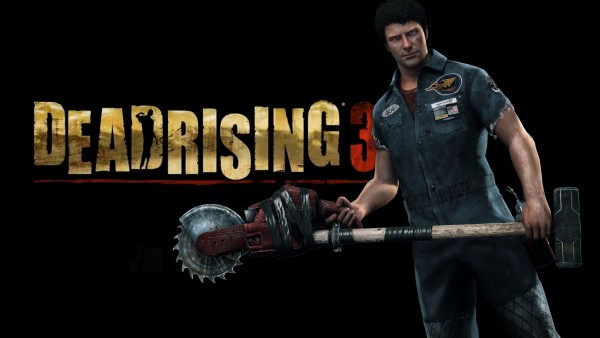 How to Fix Dead Rising 3 PC Crashes, 30FPS issue, Freezing and Lag issues, Black Screen Issue etc
How to Fix Dead Rising 3 PC Crashes, 30FPS issue, Freezing and Lag issues, Black Screen Issue etc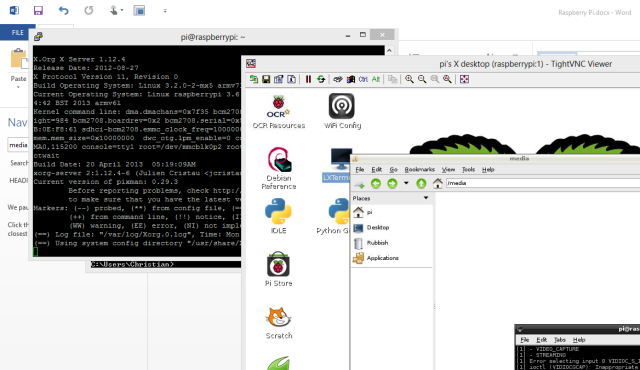 How to Run a Remote Desktop on Raspberry Pi with VNC
How to Run a Remote Desktop on Raspberry Pi with VNC